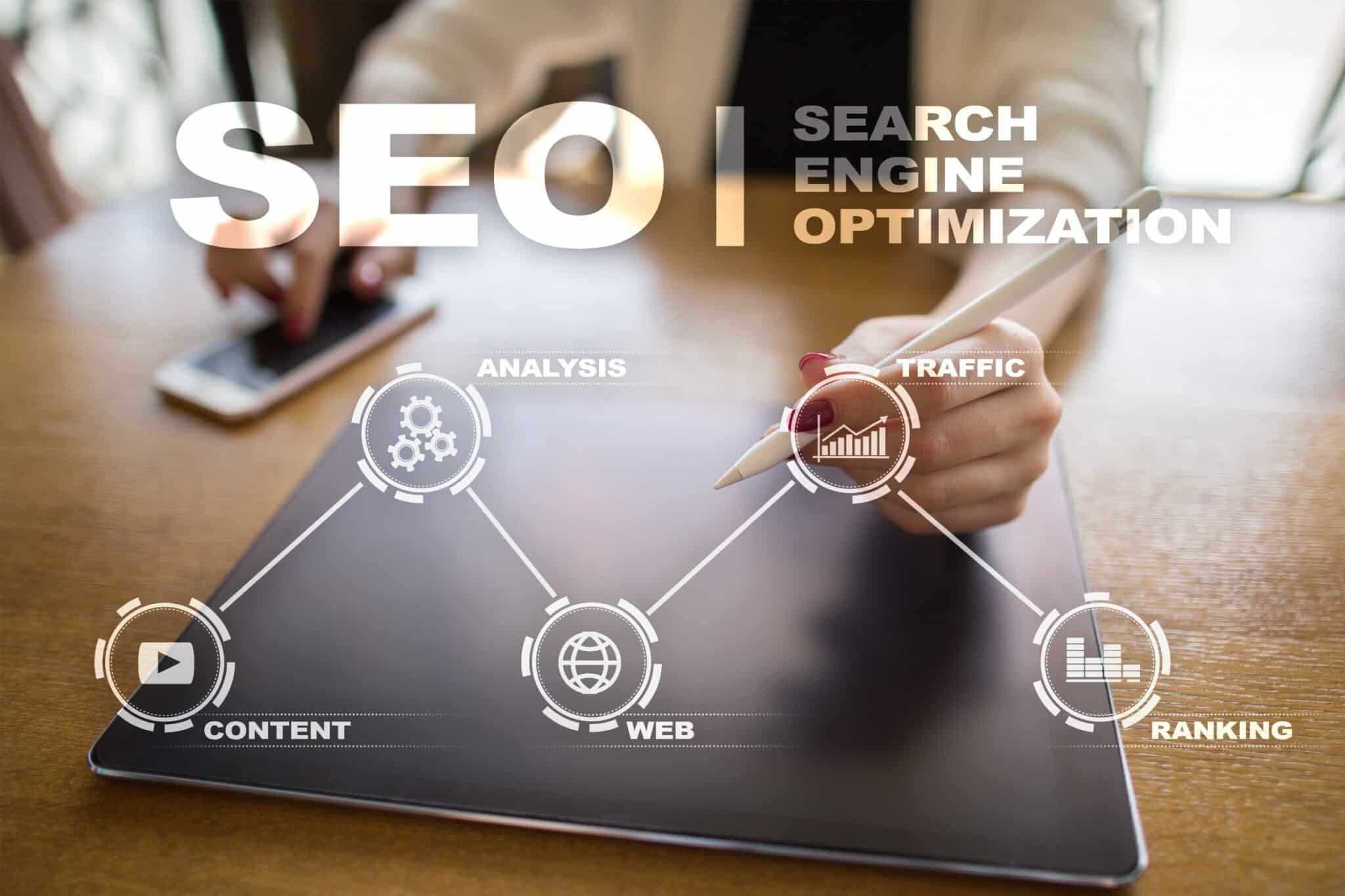

In an era dominated by the digital landscape, search engine optimization (SEO) represents a crucial component of any successful online marketing strategy. While website design and marketing SMEs often focus on off-page SEO factors like backlinks and domain authority, it’s equally important to prioritize on-page SEO techniques. Through effective on-page SEO, your SME can significantly improve its website’s search engine rankings, drive organic traffic, and ultimately, book more clients. By optimizing on-page factors that impact search engine algorithms, you can create a strong foundation for your SME’s online presence and effectively compete with larger firms in your market.
On-page SEO refers to the process of enhancing various components on your website’s individual pages to improve its search engine rankings and, ultimately, boost user experience. By optimizing elements like meta tags, headers, images, URLs, and content, your website design and marketing SME can effectively target relevant keywords, maintain search engine guidelines, and elevate its credibility in the eyes of both search engines and users. Furthermore, effective on-page SEO can help search engines understand your website better, ensuring its relevance to user queries and potentially increasing click-through rates.
In this blog post, we will dive into the importance of on-page SEO for your website design and marketing SME and discuss actionable strategies to optimize your website effectively. We will cover various aspects of on-page SEO, including keyword targeting, meta data, headers, content formatting, and user engagement. By implementing these on-page SEO techniques, your SME can boost its online visibility and enhance its ability to attract and book potential clients.
Choosing the right keywords is the foundation of a successful on-page SEO strategy. Follow these steps to identify and target effective keywords:
1. Perform Keyword Research: Utilize keyword research tools like Google Keyword Planner, Moz Keyword Explorer, or Ahrefs to identify popular and relevant keywords related to your SME’s website design and marketing services.
2. Consider Search Intent: Focus on keywords that align with your target audience’s search intent, ensuring your content is relevant, informative, and likely to convert visitors into clients.
3. Include Long-tail Keywords: Target long-tail keywords, which are more specific and less competitive, increasing the chances of ranking higher in search results.
Improve search engine rankings and click-through rates with well-optimized meta data:
1. Meta Titles: Craft unique and compelling meta titles for each of your website’s pages, incorporating target keywords and reflecting the content’s main topic.
2. Meta Descriptions: Write informative and engaging meta descriptions that concisely explain the content and encourage users to click, while also including relevant keywords.
3. Use Header Tags: Break up your content using header tags (H1, H2, H3) for improved readability and proper content hierarchy, while incorporating target keywords in these headers.
Create valuable and engaging content that meets your audience’s needs and appeals to search engines:
1. Write High-Quality Content: Publish well-researched, informative, and engaging content that addresses your target audience’s pain points and showcases your SME’s expertise.
2. Optimize Content Length: Aim for a balance between providing comprehensive information and maintaining reader engagement, with long-form content generally performing well in search rankings.
3. Utilize Keyword Variations: Integrate relevant keyword variations, synonyms, and LSI keywords throughout your content to avoid keyword stuffing while reinforcing your content’s relevance.
4. Format for Readability: Format your content with subheadings, bulleted lists, and short paragraphs to enhance readability and encourage users to spend more time on your website.
Boost user engagement and improve search engine rankings with these effective tactics:
1. Optimize Page Speed: Ensure fast-loading pages by optimizing images, enabling browser caching, and minimizing the use of plugins, as page speed impacts both user experience and search engine rankings.
2. Provide Internal and External Links: Include relevant internal and external links in your content, guiding users to additional information while reinforcing your content’s credibility.
3. Encourage Social Sharing: Add social sharing buttons to your website, making it easy for users to share your content and extend its reach.
When executed strategically, on-page SEO can significantly enhance your website design and marketing SME’s online visibility, attract potential clients, and boost bookings. By focusing on effective keyword targeting, meta data optimization, content quality, and user engagement strategies, your SME can establish a strong online presence that appeals to both search engines and users.
Leverage the potential of on-page SEO techniques to optimize your website, elevate your search engine rankings, and drive sustainable growth for your SME. Transform your website into a client magnet by implementing these on-page SEO techniques today! Visit the website of Mixture Web for more information.




© Copyright 2023 Mixture Web LLC | Terms and Conditions | Privacy Policy
